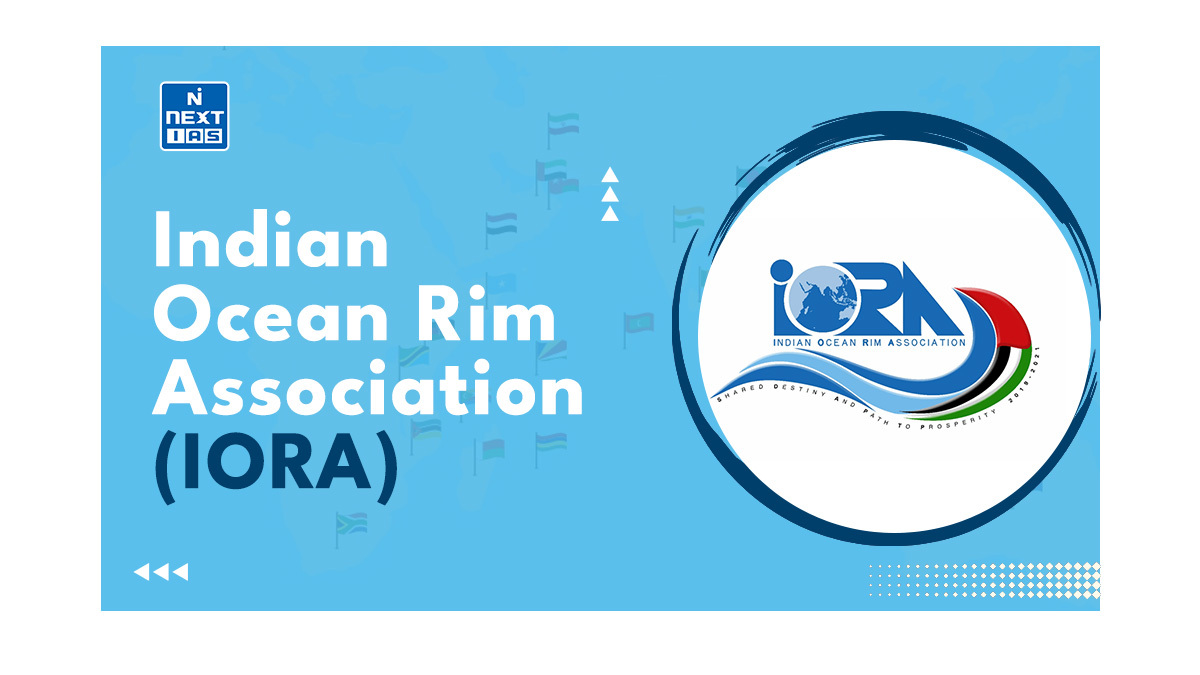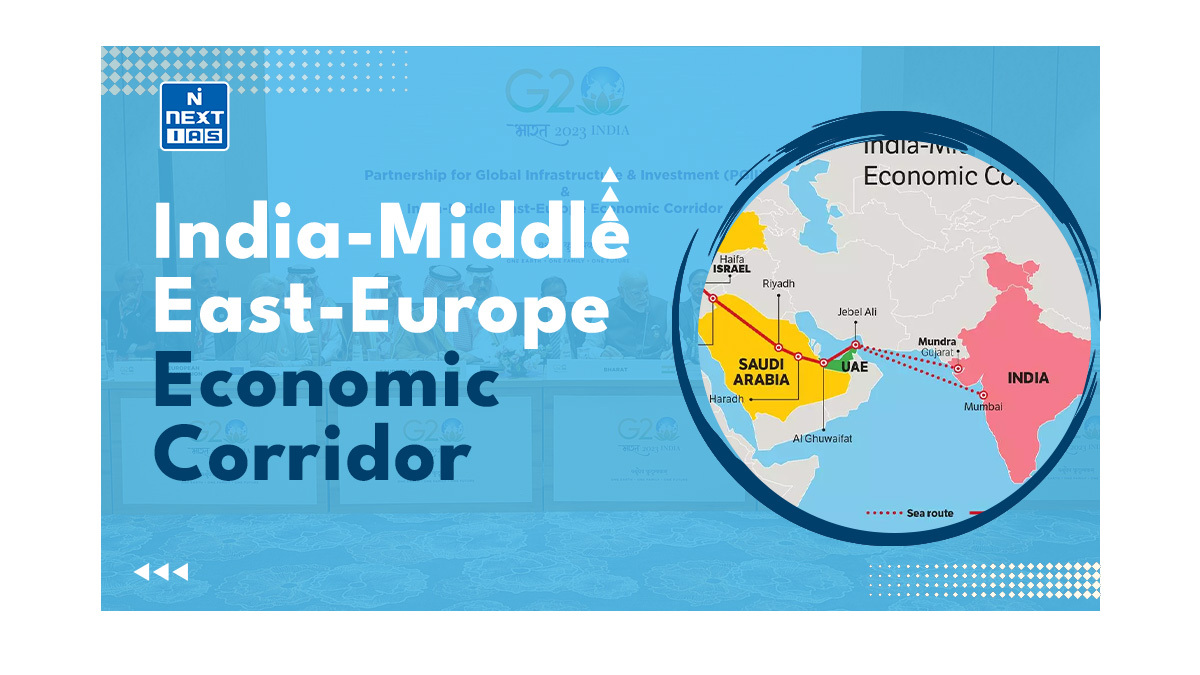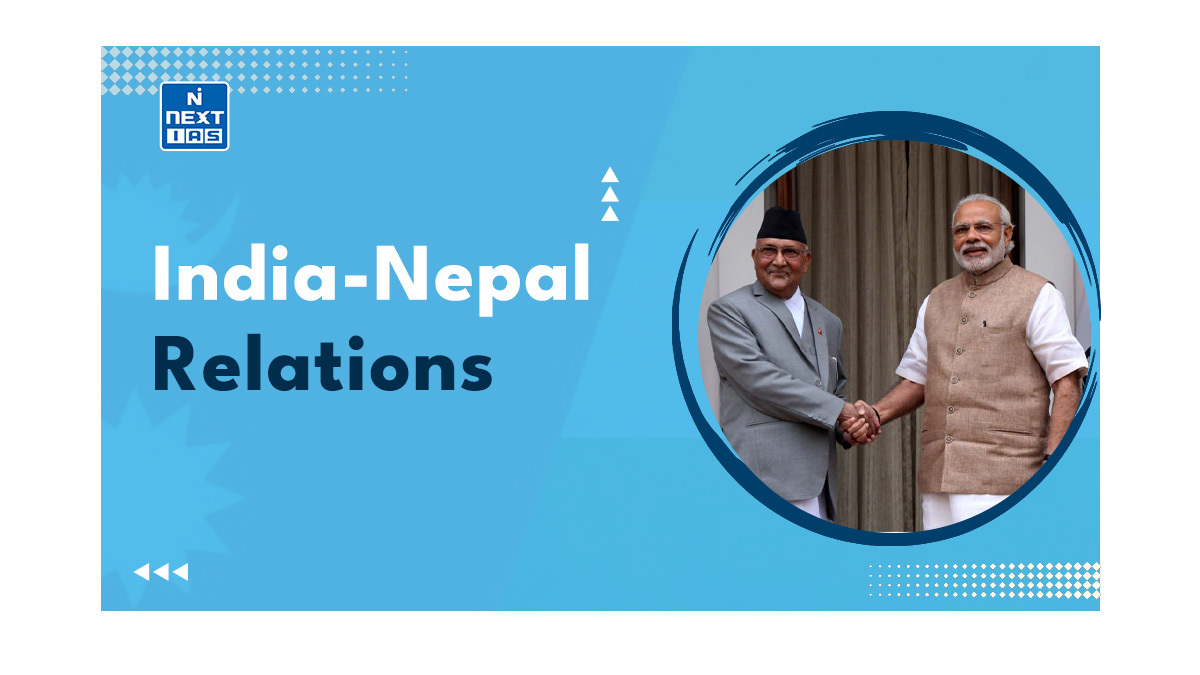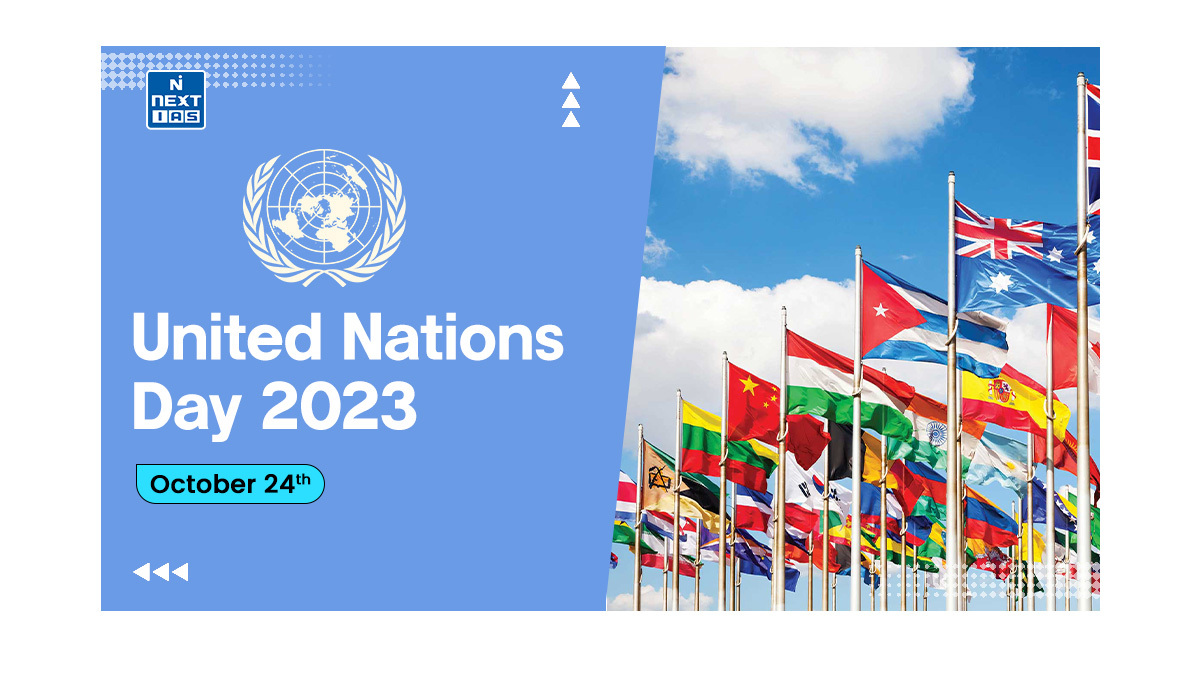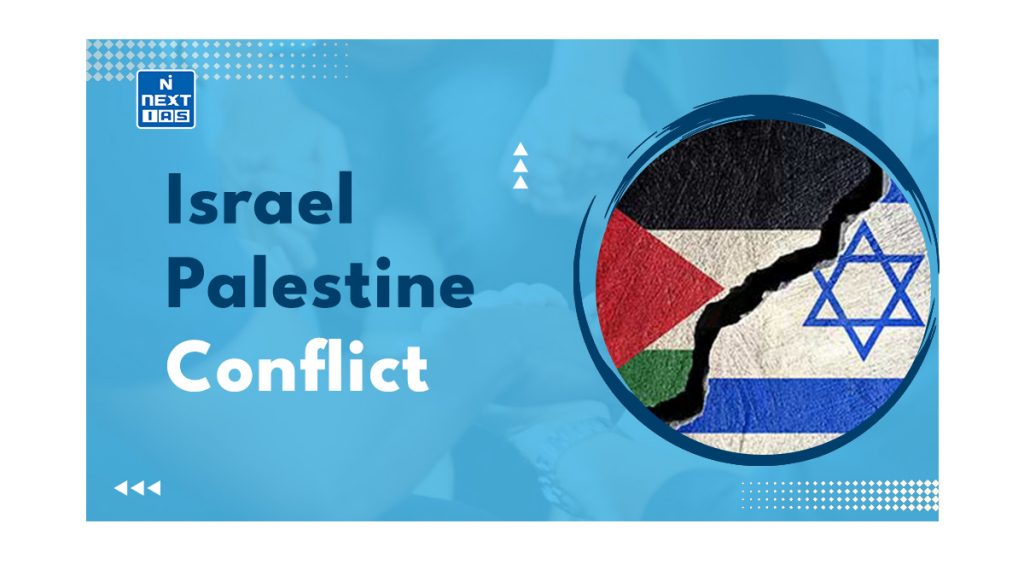
This article covers “Daily Current Affairs” and the topic details “Israel Palestine Conflict”. This topic has relevance in the “International Relations” section of the UPSC CSE exam.
Why in the news?
In a strong message directed towards Hamas, Israeli Prime Minister Benjamin Netanyahu emphasised that while Israel did not initiate the present Israel Palestine conflict, it is determined to bring it to a decisive conclusion.
What is the Gaza Strip?
Situated along the Mediterranean Sea, the Gaza Strip is a Palestinian territory that shares borders with Israel and Egypt’s Sinai Peninsula. It, along with the West Bank, comprises the State of Palestine, with Israel acting as a dividing entity between these two regions.
What is the West Bank?
The West Bank is a region located in the Middle East, specifically in Western Asia. It is part of historic Palestine and is bordered by Israel to the west, and Jordan to the east, and shares a short border with the Jordan River to the east.
What initiated the Israel Palestine conflict?
The Palestinian group Hamas launched a significant barrage of rockets towards southern Israel on Saturday. A total of 5,000 rockets were fired by the group, prompting a response from Israel’s military, which launched 2,500 rockets in return. Over 300 Israelis and 232 Palestinians were killed in the deadliest escalation of the Israeli-Palestinian conflict in decades.
What is Hamas?
Hamas is a Palestinian group founded in 1987. It aims to establish an Islamic state within Palestine. Presently, the organisation holds governance over the Gaza Strip, a Palestinian territory situated along the eastern Mediterranean coastline.
In 2006, following their victory in the Palestinian legislative elections, Hamas took control of Gaza in 2007 through a violent confrontation with their rival faction, Fatah. Subsequently, Hamas has functioned as the de facto governing authority in Gaza, while Fatah administers the West Bank.
What is the status of Hamas?
Hamas is a Palestinian political and militant organization that emerged in the late 1980s. It has gained popularity in Gaza and contested the Palestinian Authority for control. Hamas is considered a terrorist organization by Israel, the United States, and the European Union due to its use of violence and its refusal to recognize Israel’s right to exist.
What is the Israel Palestine Conflict?
The Israel-Palestine conflict is a long-standing and complex conflict between the State of Israel and the Palestinian group Hamas, which controls the Gaza Strip. The conflict has deep historical roots dating back to the late 19th and early 20th centuries when Jewish and Arab communities lived in the region known as Palestine. After World War II and the Holocaust, international support grew for the establishment of a Jewish state, leading to the creation of Israel in 1948.
What is the territorial issue between Israel and Palestine?
The main issue revolves around the territory, with both sides claiming historical rights to the same land, particularly in areas like Gaza, the West Bank, and Jerusalem. The conflict has created a large population of Palestinian refugees who were displaced from their homes during various wars and conflicts. Periodic conflicts and escalations have occurred over the years, involving rocket attacks from Gaza into Israel, Israeli military operations in Gaza, and clashes in the West Bank. These conflicts have resulted in loss of life, suffering, and significant damage to infrastructure on both sides.
What is the timeline of Israel Palestine Conflict?
Late 19th and Early 20th Century:
- Late 1800s: Zionist movement emerges, advocating for a Jewish homeland in historic Palestine.
- 1917: Balfour Declaration – The British government expressed support for a “national home for the Jewish people” in Palestine.
1947-1949: Partition and First Arab-Israeli War:
- 1947: UN approved a partition plan for Palestine, leading to the creation of Israel in 1948.
- 1948-1949: The first Arab-Israeli War (or War of Independence) resulted in the establishment of Israel and the displacement of hundreds of thousands of Palestinian Arabs.
1950s-1960s: Palestinian Nationalism and Conflicts:
- 1964: Formation of the Palestine Liberation Organization (PLO), representing Palestinian interests.
- 1967: Six-Day War – Israel gains control of the West Bank, Gaza Strip, and East Jerusalem.
1970s-1990s: Peace Efforts and Conflicts:
- 1978: Camp David Accords – Israel-Egypt peace treaty.
- 1987-1993: First Intifada – Palestinian uprising in the occupied territories.
- 1993: Oslo Accords – Peace negotiations between Israel and the PLO, leading to limited Palestinian self-rule.
2000s-2010s: Peace Efforts and Repeated Conflicts:
- 2000-2005: Second Intifada – Palestinian uprising with significant violence.
- 2005: Israel withdraws from the Gaza Strip but maintains control of its borders.
- 2006: Hamas wins Palestinian legislative elections.
- 2007: Hamas takes control of the Gaza Strip in a violent conflict with Fatah.
- 2008-2009: Gaza War (Operation Cast Lead).
- 2014: Gaza War (Operation Protective Edge).
Ongoing clashes, settlement expansion, and negotiations throughout the decade.
2020s: Continuing Tensions and Conflict (up to my last update in September 2021):
- Escalation of violence in May 2021, including clashes in East Jerusalem and a military conflict between Israel and Hamas in Gaza.
What are the Israel-Hamas war reasons?
The Israel-Hamas conflicts have multiple underlying reasons and triggers. Here are some of the key factors that contribute to the hostilities between Israel and Hamas:
- Territorial Disputes: The core issue in the conflict is the territorial dispute over land in historic Palestine, particularly in Gaza, the West Bank, and East Jerusalem. Both Israel and Hamas lay claim to these areas, leading to ongoing tensions and conflicts.
- Gaza Blockade: Israel has maintained a blockade of the Gaza Strip since 2007, when Hamas took control of the territory. This blockade has severely restricted the movement of people and goods in and out of Gaza, leading to economic hardship and humanitarian concerns.
- Rocket Attacks and Security Concerns: Hamas, which governs the Gaza Strip, has frequently launched rocket attacks into Israeli territory. Israel sees these attacks as a threat to its security and responds with military operations.
- Jerusalem and Holy Sites: Disputes over access to and control of religious sites in Jerusalem, particularly the al-Aqsa Mosque, have led to tensions and violence. Events in Jerusalem can escalate into broader conflicts.
- Political Rivalry: Hamas and Fatah, the two main Palestinian political factions, have been in conflict for years. This political rivalry has contributed to the division between Gaza and the West Bank, with Hamas controlling Gaza and the Palestinian Authority led by Fatah governing the West Bank.
Why is Hamas attacking Israel now?
Hamas has characterized the attack as a reaction to Israeli military actions in the West Bank and incidents of violence at the Al-Aqsa Mosque in Jerusalem.
What is the solution to Israel Palestine Conflict?
- One-state solution: This plan seeks to establish a unified state encompassing the region between the River Jordan and the Mediterranean Sea, incorporating Israel, the West Bank, and the Gaza Strip into a single entity.
- Two-State Solution: It envisions the establishment of two separate and sovereign states – Israel and Palestine – living side by side in peace and security.
- Border Adjustments: Negotiations would need to address the specific borders of the two states involving land swaps, allowing Israel to retain some settlement blocs in exchange for equivalent land concessions to the Palestinians.
Sources:
GS - 2